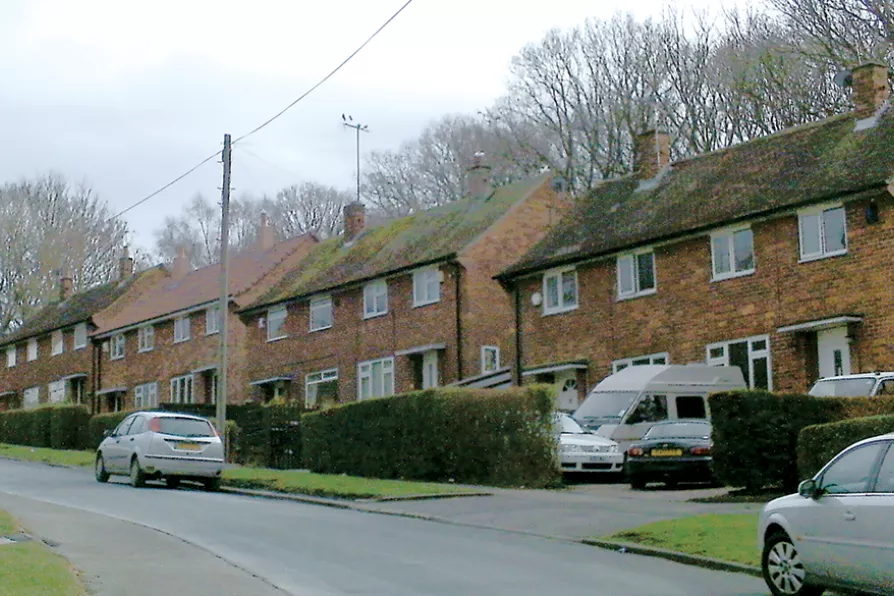CHRISTOPHE DOMEC speaks to CHRIS SMALLS, who helped set up the Amazon Labor Union, on how weak leadership debilitates union activism and dilutes their purpose

 STOOD THE TEST OF TIME: Semi-detached council houses on Fillingfir Drive, Moor Grange, Leeds, West Yorkshire
[Mtaylor848/CC]
STOOD THE TEST OF TIME: Semi-detached council houses on Fillingfir Drive, Moor Grange, Leeds, West Yorkshire
[Mtaylor848/CC]
MAYBE the events of the last fortnight in Scottish politics may seem like they have proven Harold Wilson’s adage that “a week is a long time in politics” true, maybe not.
One thing is for certain, if a week is a long time in politics, 25 years seems like an eternity.
Around a quarter of a century ago, I was finding my feet as a postie in Govan. Like all the newbies before me, I spent the first few months on walks that the old hands avoided; four-storey tenements, the mankiest closes, or regularly deluged with bulk mailings.

MATT KERR charts his bike-riding odyssey in aid of the Royal Marsden charity and CWU Humanitarian Aid

As Scotland’s inept political class hold endless summits on topics ranging from Reform to seagulls, and management culture replaces political leadership, MATT KERR goes for a hike to take his mind off the unfinished, unaddressed and undone

There are only two things that stand between workers and the musket’s volley today - the ballot and the union, asserts MATT KERR










